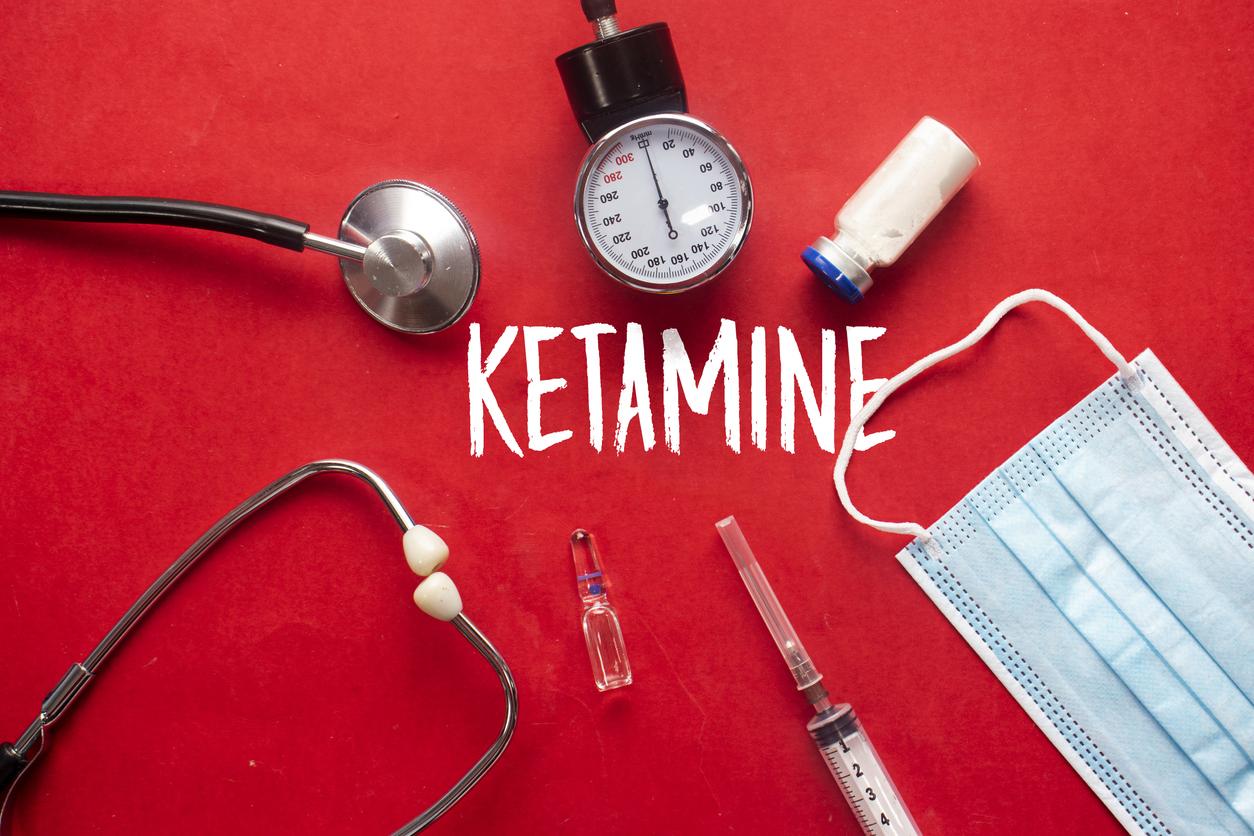First step: accept to be depressed
According to WHO estimates, depression is common in all regions of the world. A study carried out with the support of the World Health Organization shows that approximately 350 million people suffer from depression in the world and that the number of women suffering from depression is 50% higher than that of men.
“To get out of a depression, you must first enter it,” says Moussa Nabati. Some people will force themselves to go out, do lengths in the pool, go to the cinema and laugh at a comedy… Initiatives which certainly will calm them down for the moment but, in the long term, use up their energy. The solution ? Simply accept being depressed. “The first step is to acknowledge your pain“, advocates Moussa Nabati.
If depression is a warning signal, you still have to understand what it says about yourself. Am I the person I want to be? What makes me miss out on my life? Am I giving importance to the right things? So many questions that will allow you to put things into perspective, to find your own philosophy of life and to readjust your actions to the meaning you want to give to your existence.
We will thus make the distinction between what is really valuable for oneself and what is superfluous.. Once all this has been laid out, it is a question of doing everything possible to reorient one’s life according to the essential values that one has been able to exhume. Do we need to do a lot of activities? We can continue to do so, but with less competitive spirit. Friendship is one of our core values? We develop our concern for others, etc.
>> Also discover: Depression or depression, how to know
Step Two: Talk About Depression
When you are depressed, you tend to keep this malaise to yourself, under the pretext of sparing your loved ones… However, it is precisely by hiding, by repressing your sadness, that it becomes toxic. By explaining what we are going through, the situation will be clear and easier to digest.
Whereas if you don’t say anything, those around you risk soaking it up, like a sponge. “You should never hesitate to disturb the people you love, says psychiatrist Charly Cungi. When things are not going well, you overcome his shyness anxious and we pick up her phone. We call our friends, our family… Communicating is essential, we must at all costs avoid withdrawing into ourselves.”
>> Also discover: Depression: how to help a loved one
Step Three: Cultivate Selfishness
Once the course of the big depression passed, one feels better… But the good resolutions must absolutely continue after the cure, insists the psychoanalyst Moussa Nabati: “We must continue to cultivate an essential value: selfishness!” So, you don’t give all your time to your job, your husband, your children or your friends. ..
The goal: do a “good deed” for yourself every day. That is to say, reserve thirty minutes to do the windows alone, take a bathwatch your favorite show (quietly)… But also laugh. As we know, activating your zygomatics causes the release of endorphins, a hormone beneficial for the body and the mind. A good reason to always have the DVD of your favorite comedy to hand!
>> Read also: Songs to help the soul heal
We resume sport, we see friends
Practicing a sport regularly is also part of the “arsenal” of well-being. like laughter, this promotes the secretion of the pleasure hormone. American researchers have even shown that running has as much effect on depressed people as medication. In addition, physical activity, by inducing a certain pride, boosts self-esteem. And if we practice it outdoors, we also accumulate the benefits of light sunshine on morale.
“Human relationships have a protective effect,” insists the psychiatrist. So, we also take care of our friendswe organize a monthly meeting between girlfriends or we make a daily phone call… In short, we cultivate our emotional life.
>> Also discover: the 8 friends we all need
Finally, we resume life on the good side
Accepting to be a fragile human being does not mean seeing everything in black. “On the contrary, by being more realistic, it is easier to see the glass half full, rather than the half empty one, explains Charly Cungi. Being positive has a relative antidepressant effect.”
So we learn to be optimistic. “I didn’t get the promotion I fought so hard for? It doesn’t matter, during this year I improved my skills and I can run for the next job.” “My work takes up a lot of my time and I’m not very available for my children? When I’m with them, I’m 100% there and I have a great time, that’s the important thing”, etc. .
Our Experts
Moussa Nabati, psychoanalyst, research psychotherapist and doctor of psychology.
Charly Cungi, psychiatrist, specialist in behavioral therapies.
>> Also discover our Depression, symptoms and treatments file


















